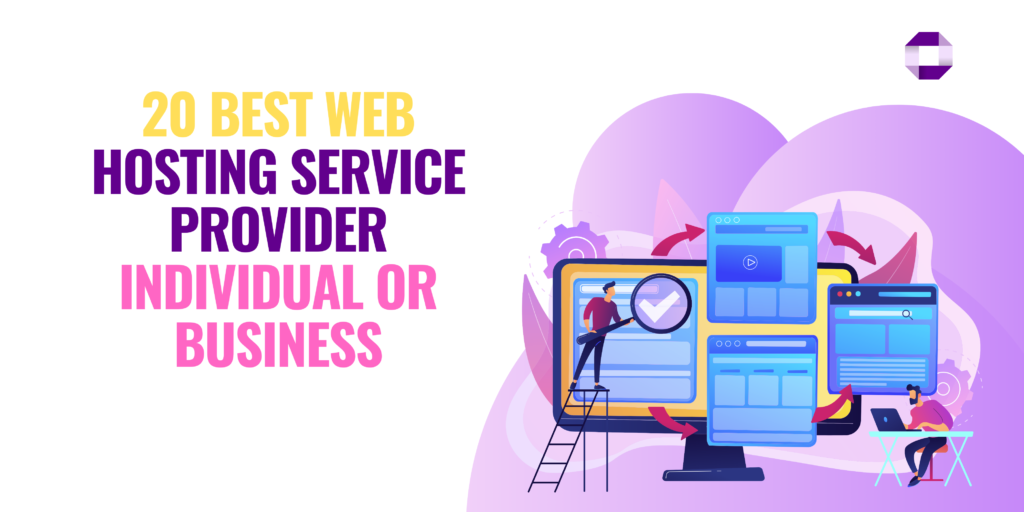Managing inventory is crucial for businesses of all sizes. Whether you run a retail store, a manufacturing unit, or an e-commerce platform, an effective inventory management system (IMS) can save you time, reduce costs, and improve customer satisfaction. In this article, we’ll explore the ten best inventory management systems in 2023, highlighting their features and benefits to help you choose the right solution for your business.
1. TradeGecko (QuickBooks Commerce)
Overview: TradeGecko, now integrated with QuickBooks, is ideal for small to medium-sized businesses looking to streamline their inventory processes.
Key Features:
- Multi-channel sales integration
- Inventory forecasting
- Order management
- Customizable reporting
2. Square Inventory Management
Overview: If you’re already using Square for payments, their inventory management tools are a natural extension for retail businesses.
Key Features:
- Simple interface
- Real-time inventory tracking
- Reporting and analytics
- Integration with Square POS
3. Shopify Inventory Management
Overview: Shopify is known for its e-commerce solutions, but it also offers robust inventory management features for online retailers.
Key Features:
- Automated stock adjustments
- Multi-location inventory tracking
- Integrated sales and order management
- Customized reports
4. Odoo Inventory
Overview: Odoo is an open-source suite of business applications, with a powerful inventory module designed for flexibility and scalability.
Key Features:
- Multi-warehouse management
- Barcode scanning
- Real-time tracking
- Automated replenishment
5. Zoho Inventory
Overview: Zoho Inventory offers a suite of inventory management features that cater to small and medium-sized businesses.
Key Features:
- Inventory tracking across multiple sales channels
- Order management
- Reporting and analytics
- Integration with Zoho applications
6. Fishbowl Inventory
Overview: Fishbowl is a robust inventory management software designed for manufacturers and wholesalers, offering extensive features.
Key Features:
- Manufacturing and shipping tools
- Integration with QuickBooks
- Multi-location tracking
- Customizable inventory reports
7. Lightspeed Retail
Overview: Lightspeed Retail provides a full suite of inventory management tools perfect for retailers who need an integrated POS system.
Key Features:
- Inventory tracking and reporting
- Multi-store management
- E-commerce integration
- Customizable dashboards
8. Cin7 Inventory Management
Overview: Cin7 is a comprehensive inventory management solution that combines inventory control with POS and supply chain management.
Key Features:
- Real-time inventory visibility
- Built-in POS and accounting integrations
- Multi-channel selling
- Customizable workflows
9. NetSuite ERP
Overview: NetSuite ERP encompasses inventory management as part of its broader enterprise resource planning capabilities suitable for large enterprises.
Key Features:
- Advanced demand planning and forecasting
- Centralized inventory control
- Multi-company and multi-currency support
- Comprehensive reporting
10. Unleashed Software
Overview: Unleashed Software is focused on providing businesses with powerful inventory management tools designed for manufacturers and distributors.
Key Features:
- Real-time inventory tracking
- Supplier and purchase order management
- Comprehensive reporting
- Integration with various accounting systems
Conclusion
Selecting the right inventory management system for your business can significantly impact your efficiency and profitability. Each of the systems mentioned here has unique features tailored to meet different business needs. Be sure to evaluate your specific requirements, and don’t hesitate to take advantage of free trials or demos to see which system suits you best.


